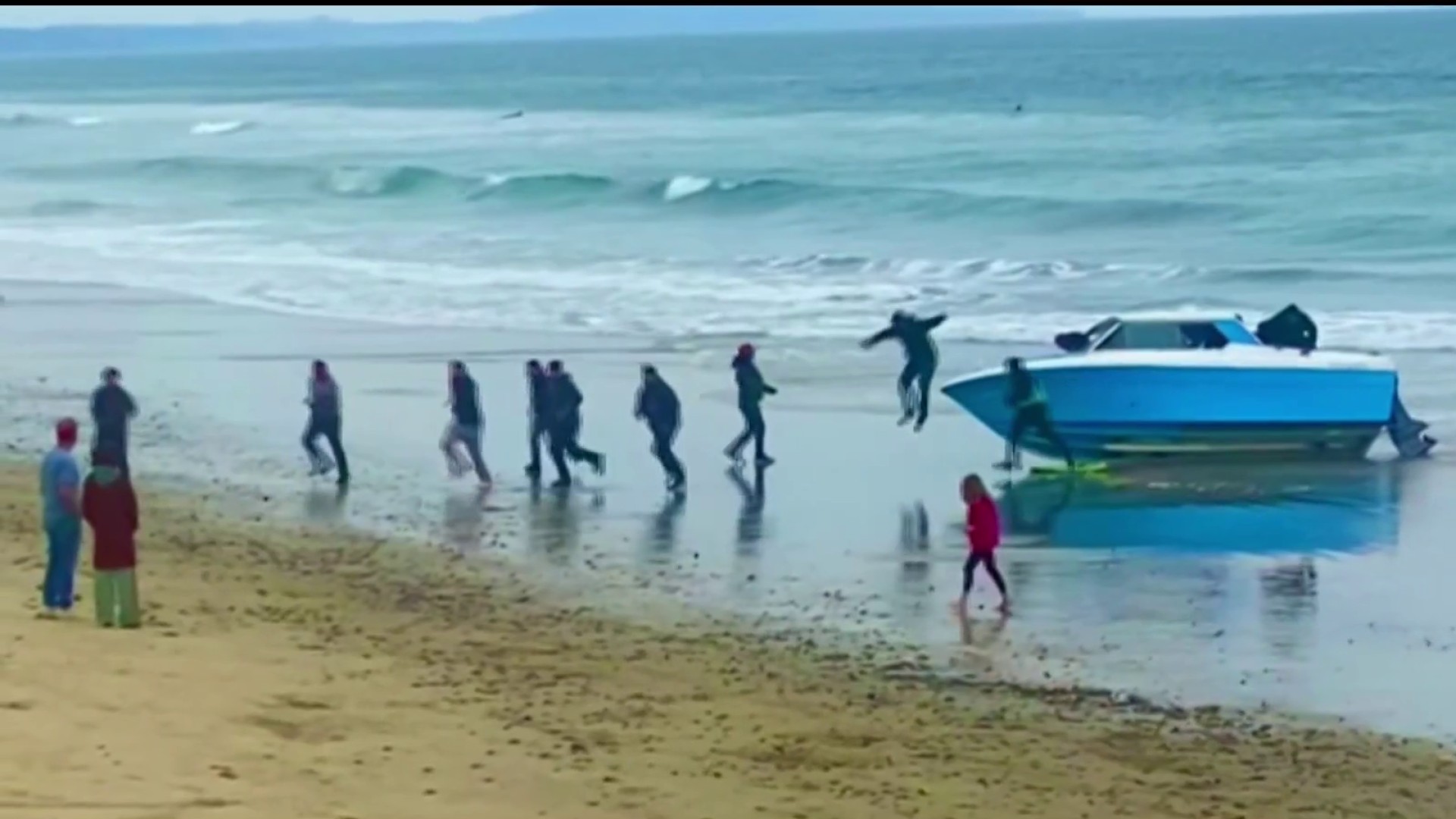For the thousands of mix-status families in San Diego, the fear of a loved one being deported is always present. For one National City family, that nightmare has come true, and they’re pleading for a kind of legal leniency the Department of Homeland Security (DHS) is able to provide depending on the case’s circumstances.
On April 25, 46-year-old Enrique Cervantes made a wrong turn and accidently drove through a Border Patrol checkpoint near Jamul. He is an undocumented immigrant. His wife and five children are U.S. citizens. After being apprehended, his attorney says Cervantes was interviewed by Border Patrol and put on a bus to Mexico.
“My husband hasn’t been to Mexico in…not through his life. He doesn’t know around there. When they told me he was sent back through Yuma, all I did was run and scream to God, ‘Where is my husband!’” said Marisol Cervantes, his wife.
The father of five and church preacher first came to the U.S. when he was 11 years old. In 1993, he was convicted of being under the influence of drugs and deported. His wife, family and attorney say that’s when he turned things around, found God and dedicated his life to being a contributing member of society.
Before being deported, Cervantes was the sole breadwinner for his five children. His youngest daughter has Down syndrome.
“It’s hard for her to understand what’s going on, but she knows daddy is not home,” said his wife.
Cervantes’ family, his community, the local ACLU and several other groups say he should’ve received a kind of immigration leniency called prosecutorial discretion.
Local
“The Department of Homeland Security has the discretion that if someone is not a threat to national security and has positive equity in the U.S. (family members, time lived in America, etc.), they may be eligible for DHS to ignore them and not deport them,” explained immigration and criminal defense attorney Saman Nessari.
“Prosecutorial discretion is part of immigration law that is not black and white. It’s discretionary. It’s a shade of gray. They have to look at all the elements of his life: what he’s doing now, where he’s at now, what happened, etc.” Nessari added.
Cervantes’ attorney says the way her client was processed was not fair. She says he was not given a fair chance to explain why he qualified for prosecutorial discretion.
The U.S. Border Patrol provided NBC 7 with this statement:
The U.S. Border Patrol is aware of the case regarding Mr. Cervantes. Mr. Cervantes was considered for prosecutorial discretion. However, his case did not meet Department of Homeland Security guidelines.
Cervantes’ community and attorneys are now helping him apply for humanitarian parole. His family tries to see him in Mexico as often as they can, but say it’s very difficult logistically and emotionally.



